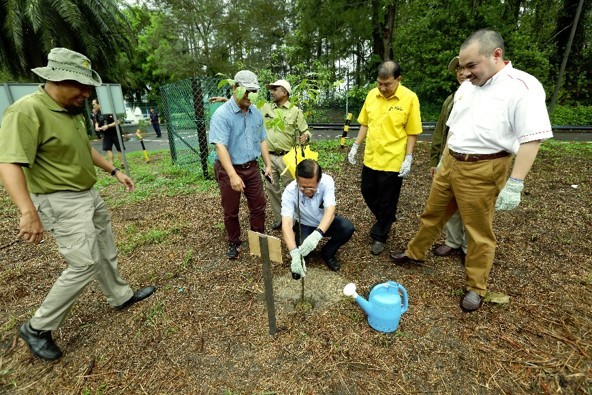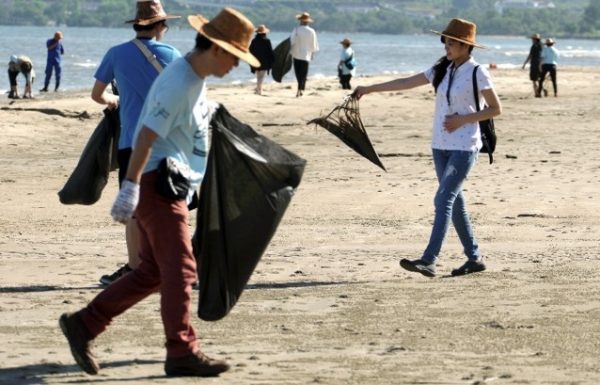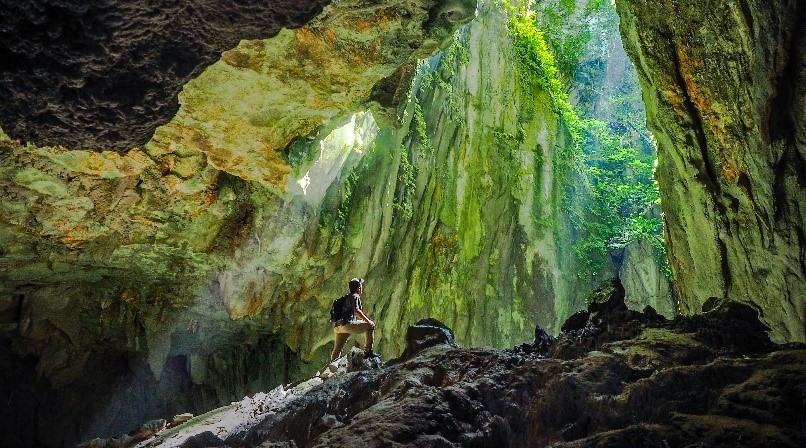KUCHING, 23 February 2023: More travellers are shifting their attention to sustainable travel experiences, and Sarawak Tourism Board (STB) has taken bold steps towards promoting responsible tourism.
Such steps include introducing homestays in rural areas to sustainable waste management practices, which include recycling and reusing waste materials to create additional products and skills to earn side income.

To date, STB’s waste management workshops have covered 46 registered homestays since it began in 2020, benefiting 11,779 households with a total of 82,688 beneficiaries to provide food for local wildlife while creating a buffer zone for coastal areas.
Recognising that festivals have massive carbon footprints and the fact that waste generated has one of the most prominent environmental impacts, proactive measures were taken towards creating and implementing a sustainable, eco-friendly festival for the renowned Rainforest World Music Festival (RWMF) in Kuching and Borneo Jazz (BJ) in Miri.
RWMF & BJ can now be recognised as the benchmark for STB’s Responsible Tourism initiatives reflecting our commitment towards the three United Nations (UN) SDG goals – SDG 4 (Education and Lifelong Learning Opportunities); SDG 12 (Sustainable Consumption and Production); SDG 17 (Global Partnerships).


The initiatives include:
Cutting Plastic Footprint – putting in place water-refill stations, encouraging reusable water bottles and making single-use plastic, bottled water unavailable at RWMF.
Sustainable Procurement – sourcing alternative, eco-friendly products, including biodegradable tableware, procured locally to support local businesses, reduce carbon footprint and save energy.
Waste Management – proper disposal management of recyclables containers provided by a locally based waste management company.
Fashionable recycling – to make recycling fun and impactful, collaborative efforts with the local creative community resulted in eye-catching waste bin designs.
Food Composting – collaborative efforts with local social enterprises to collect and channel leftover organic waste into compost bins for worm farms to make bio-protein and for composting.
Traditional tree planting – the planting of thousands of mangrove trees since 2011 at the ecologically sensitive Kuching Wetlands National Park, a Ramsar Site, to create a buffer zone for the coastal areas.
Volunteer & Green Ambassadors – local university students and volunteers among social enterprises, termed “The Eco-warriors”, helped spread recycling and food waste composting messages.
Alleviating Carbon Emissions and upcycling – shuttle busses were made available to ferry festival-goers to alleviate carbon emissions and prevent congestion.
Far beyond accolades and recognition, what matters the most is that STB’s collective efforts result in the positive perception that “Sarawak has been made a better place for people to live and a better destination for people to visit”. This is the STB benchmark of success in showcasing the Sarawak Responsible Tourism Story.
For the full story, visit https://sarawakgo.com/the-natural-solution-responsible-tourism/
(Source Sarawak Hornbill Trail Newsletter)








